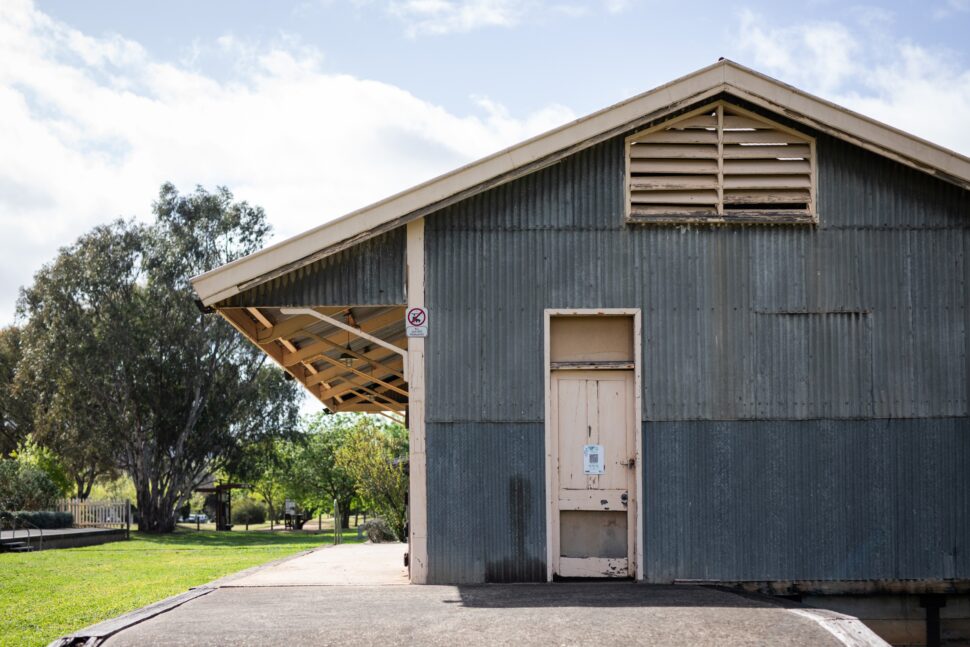Lease agreements are essential documents that define the terms and conditions of a rental arrangement. In Massachusetts, landlords and tenants are legally obligated to abide by the terms stated in the lease agreement. Therefore, it is crucial for both parties to fully understand the contents of the lease agreement before signing. However, these documents can be complex and filled with legal jargon that may be difficult to comprehend. This article serves as a guide to help tenants and landlords understand the key terms and concepts in Massachusetts lease agreements, ensuring that they are informed and equipped to make the best decisions regarding their rental agreements.
- Rent Payment
Rent payment is one of the most important provisions in a lease agreement. It is not permissible for a landlord in Massachusetts to require a security deposit of more than one month’s rent. Moreover, rent must be paid on the date specified in the lease agreement. If a tenant fails to pay rent on time, the landlord can begin eviction proceedings.
- Occupancy Limits
Most lease agreements will specify the number of occupants that are allowed to reside in the rental unit. In Massachusetts, landlords are required to comply with local occupancy laws and regulations. A landlord cannot discriminate against families with children, but they can limit the number of occupants in a rental unit to comply with occupancy standards.
- Repairs and Maintenance
The lease agreement should specify the responsibilities of both the landlord and tenant for repairs and maintenance. In Massachusetts, a landlord is required to maintain the rental unit in a habitable condition and make necessary repairs. A tenant must keep the rental unit clean and in good condition and report any necessary repairs to the landlord.
- Lease Term and Renewal
The lease agreement should specify the length of the lease term and whether it can be renewed. In Massachusetts, lease agreements can be either fixed-term or month-to-month. If the lease agreement is a fixed-term lease, it will automatically terminate at the end of the lease term unless it is renewed. A month-to-month lease can be terminated by either the landlord or tenant with notice.
- Subleasing
Subleasing occurs when a tenant rents out all or part of the rental unit to another person. In Massachusetts, a tenant is allowed to sublease the rental unit, but only with the landlord’s written consent. The lease agreement should specify whether subleasing is allowed and the requirements for obtaining the landlord’s consent.
- Pets
Pets are a common issue in lease agreements. In Massachusetts, a landlord can prohibit pets or require a tenant to pay an additional pet deposit. However, if a tenant has a service animal or emotional support animal, the landlord cannot discriminate against the tenant and must make reasonable accommodations.
- Security Deposit
In the state of Massachusetts, it is prohibited for landlords to impose a security deposit that exceeds the equivalent of one month’s rent. The lease agreement should specify the amount of the security deposit and the conditions under which the landlord can withhold some or all of the deposit at the end of the tenancy.
FAQs
What is the notice period for terminating a month-to-month tenancy in Massachusetts?
In Massachusetts, either the landlord or the tenant must provide a written notice at least 30 days prior to the intended termination date for a month-to-month tenancy.
Can a landlord increase the rent during the lease term in Massachusetts?
In Massachusetts, a landlord can only increase the rent during the lease term if the lease agreement specifically allows for rent increases or if the tenant agrees to the increase in writing.
What are the tenant’s rights regarding repairs and maintenance in Massachusetts?
In Massachusetts, tenants have the right to a habitable and safe living environment. It is the landlord’s responsibility to make necessary repairs and maintain the rental property in a habitable condition, as outlined in the state’s implied warranty of habitability.
Can a landlord withhold the security deposit for any reason in Massachusetts?
No, a landlord cannot withhold the security deposit for any reason in Massachusetts. The landlord is required to return the tenant’s security deposit, minus any allowable deductions, within 30 days after the tenant moves out of the rental property, as stipulated by state law.
Conclusion
Having a good understanding of the key terms in a Massachusetts lease agreement is essential for both landlords and tenants to protect their rights and avoid any misunderstandings. As a landlord, it is important to ensure that your lease agreement complies with Massachusetts landlord-tenant law and includes all necessary terms to protect your interests. As a tenant, it is crucial to carefully review and understand all the terms before signing the lease to avoid any surprises or potential legal issues in the future. By following these tips and seeking professional legal advice if needed, both landlords and tenants can navigate the leasing process in Massachusetts with confidence and ease.
